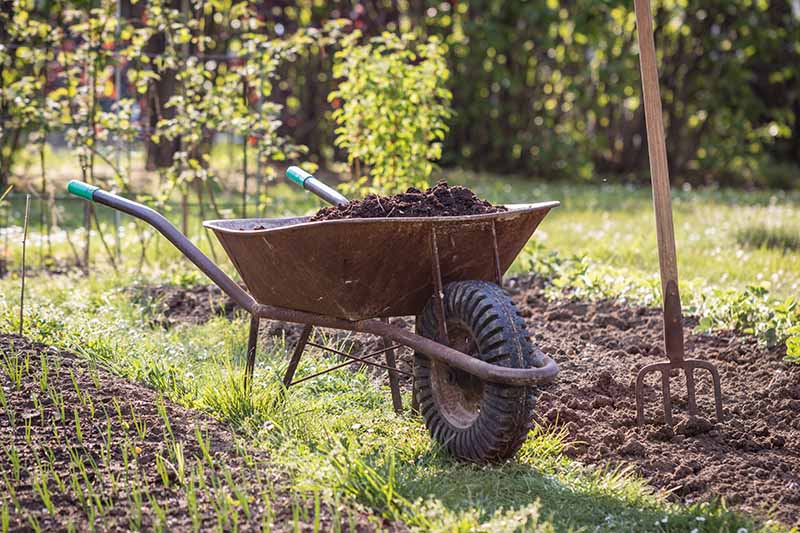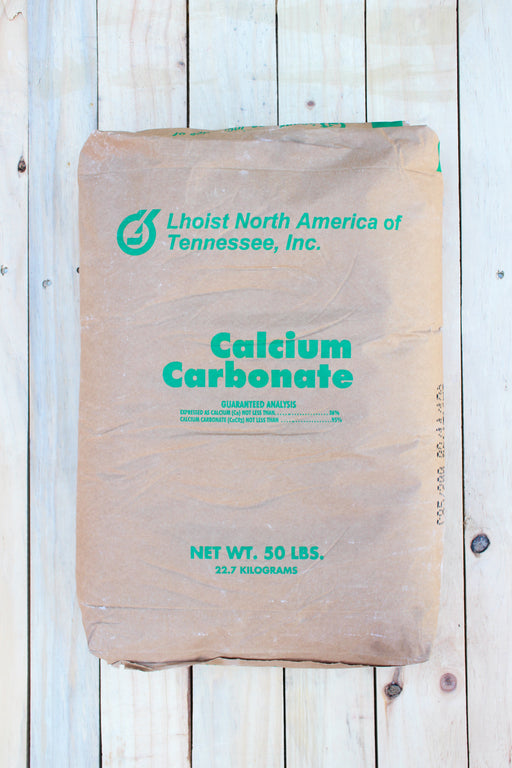How To Improve Your Soil With Soil Amendments
How to Improve Your Soil with Soil Amendments
Introduction
The health of your soil is essential to the health of your plants. Healthy soil is loose, well-drained, and rich in nutrients. It provides a good home for beneficial microbes, which help to break down organic matter and make nutrients available to plants.
If your soil is not healthy, you may experience problems such as poor plant growth, stunted roots, and disease. You can improve the health of your soil by adding soil amendments.
Soil amendments are materials that are added to soil to improve its physical, chemical, or biological properties. There are many different types of soil amendments available, each with its own benefits.
In this blog post, we will discuss the benefits of soil amendments and how to choose the right ones for your soil. We will also provide some tips on how to apply soil amendments properly.
Benefits of Soil Amendments
Soil amendments offer a number of benefits, including:
- Improved drainage and aeration: Soil amendments help to improve the drainage and aeration of soil. This is important for plant roots, which need oxygen to breathe.
- Increased water retention: Soil amendments can help to increase the water retention capacity of soil. This is important for plants that are sensitive to drought.
- Enhanced nutrient availability: Soil amendments can help to enhance the nutrient availability of soil. This is important for plants that need a lot of nutrients to grow.
- Improved soil structure: Soil amendments can help to improve the soil structure. This makes the soil easier to work with and helps to prevent erosion.
- Increased microbial activity: Soil amendments can help to increase the microbial activity in soil. This is important for the overall health of the soil.
Choosing the Right Soil Amendments
There are many different types of soil amendments available, so it is important to choose the right ones for your soil. The type of soil amendment you choose will depend on the specific needs of your soil.
Some factors to consider when choosing soil amendments include:
- The type of soil you have: Sandy soils need amendments that will help to improve drainage and water retention. Clay soils need amendments that will help to improve drainage and aeration.
- The plants you are growing: Some plants need more nutrients than others. You will need to choose soil amendments that will provide the nutrients that your plants need.
- The pH of your soil: The pH of your soil affects the availability of nutrients to plants. You will need to choose soil amendments that will help to adjust the pH of your soil.
Applying Soil Amendments
Once you have chosen the right soil amendments, you need to apply them properly. The following tips will help you to apply soil amendments correctly:
- Add the amendments to the soil in the fall or spring. This will give the amendments time to break down before you plant your seeds or seedlings.
- Work the amendments into the soil to a depth of 6-8 inches. This will ensure that the amendments are evenly distributed throughout the soil.
- Water the soil thoroughly after applying the amendments. This will help to distribute the amendments and encourage the microbes to start breaking them down.
Conclusion
Soil amendments are an important part of gardening. They can help to improve the health of your soil and the growth of your plants. By following the tips in this blog post, you can choose the right soil amendments for your soil and apply them correctly.
Soil amendments are a great way to improve the quality of your soil and help your plants grow healthy and strong. But with so many different types of amendments available, it can be hard to know where to start.
That's where Garden Wiki comes in. This website is a comprehensive resource for all things soil amendments, from what they are and how they work to which ones are best for different types of plants.
In addition to providing detailed information about soil amendments, Garden Wiki also offers a variety of helpful resources, such as articles, videos, and a forum where you can ask questions and get advice from other gardeners.
Whether you're a beginner or a seasoned gardener, Garden Wiki is a great resource for learning about soil amendments and how to use them to improve your garden.
FAQ of use of soil amendments
1. What are soil amendments?
Soil amendments are materials that are added to soil to improve its physical, chemical, and biological properties. They can be organic or inorganic, and they can be used to improve a wide variety of soil conditions.
2. What are the benefits of using soil amendments?
There are many benefits to using soil amendments, including:
- Improved drainage
- Increased water holding capacity
- Increased nutrient availability
- Improved soil structure
- Increased microbial activity
- Reduced erosion
- Improved plant growth
3. What are the different types of soil amendments?
There are many different types of soil amendments, including:
- Organic amendments: These amendments are made from plant or animal materials, such as compost, manure, and peat moss.
- Inorganic amendments: These amendments are made from minerals, such as lime, gypsum, and sulfur.
- Synthetic amendments: These amendments are made from chemicals, such as fertilizers and pesticides.
4. How do I choose the right soil amendment for my garden?
The right soil amendment for your garden will depend on the specific needs of your soil. Some factors to consider include the type of soil you have, the plants you are growing, and your climate.
5. How do I apply soil amendments?
The best way to apply soil amendments will depend on the type of amendment you are using. Some general tips include:
- Apply amendments evenly over the soil surface.
- Incorporate amendments into the soil to a depth of at least 6 inches.
- Water the soil thoroughly after applying amendments.
Image of use of soil amendments
Here are 5 images of the use of soil amendments from Pinterest:
- Compost in a wheelbarrow. Compost is a great way to improve the fertility and drainage of soil. It can be added to the soil before planting or top-dressed on existing plants.

- Wood chips being spread on a garden bed. Wood chips are another organic matter that can be added to soil to improve drainage and fertility. They can also help to suppress weeds.

- A bag of peat moss. Peat moss is a type of organic matter that can be used to improve the drainage and water retention of soil. It can also be used to add acidity to soil.

- A bag of lime. Lime is a type of soil amendment that can be used to raise the pH of soil. This is helpful for plants that prefer alkaline soil.

- A gardener adding worm castings to a potted plant. Worm castings are a type of organic matter that is very high in nutrients. They can be added to soil to improve fertility and drainage.

Post a Comment for "How To Improve Your Soil With Soil Amendments"